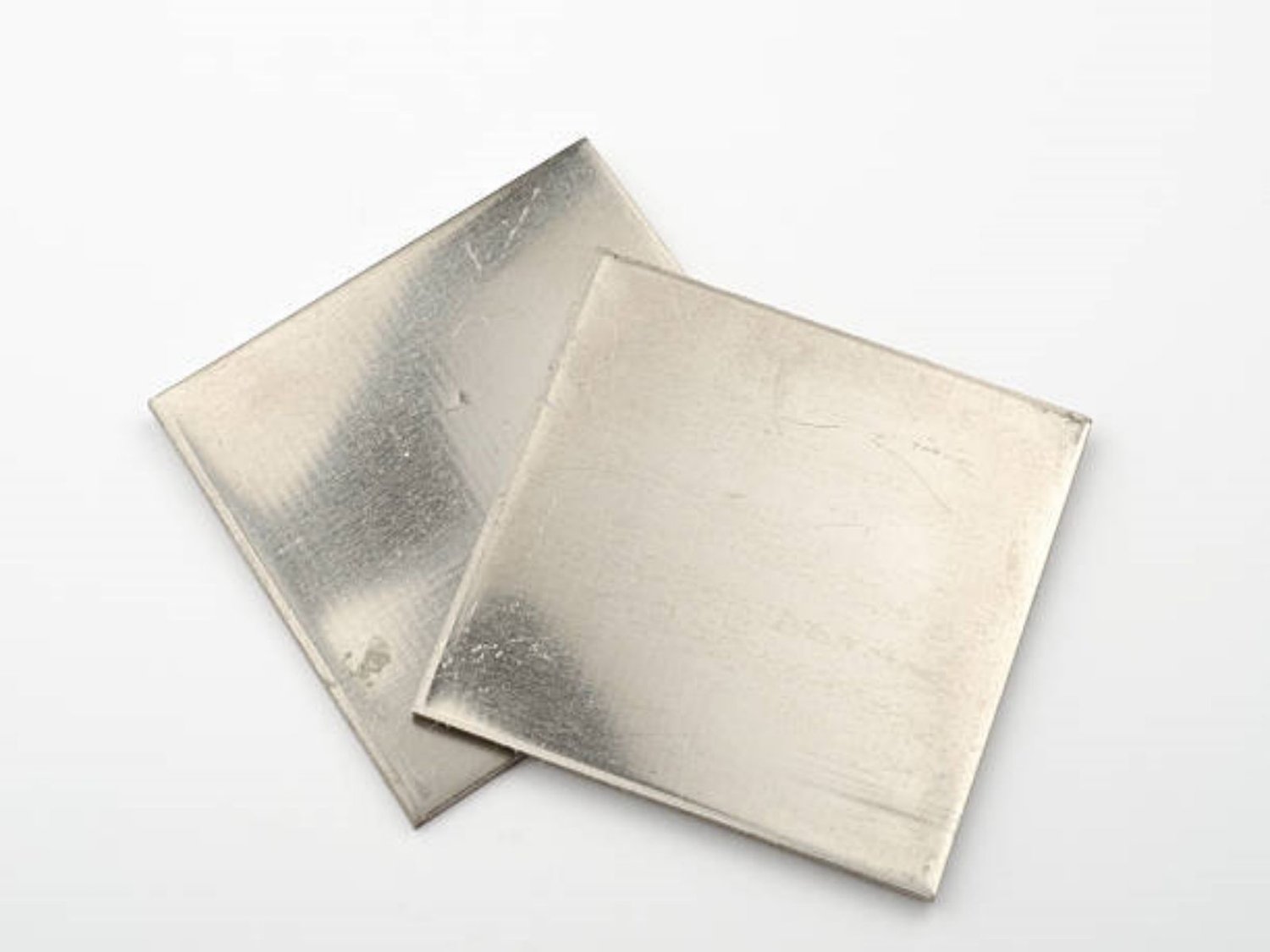Table of Contents

Understanding the Importance of Titanium Plate Thickness
When it comes to choosing titanium plates for various applications, one crucial factor to consider is the thickness of the plate. The thickness of a titanium plate can significantly impact its strength, durability, and suitability for specific tasks. In this article, we will explore the various aspects you should consider when selecting the right thickness for titanium plates.
The Significance of Material Thickness in Titanium Plates
Before delving into the different factors that influence the choice of titanium plate thickness, it is essential to understand why this aspect is so significant. The thickness of a titanium plate directly affects its mechanical properties, such as strength, stiffness, and resistance to deformation. Additionally, the thickness plays a crucial role in determining the plate's weight, cost, and overall performance in different applications.
Considering the Application and Intended Use
The first step in choosing the right thickness for titanium plates is to consider the specific application and intended use. Different industries and tasks require varying levels of strength, durability, and weight. For instance, aerospace applications may require thinner plates to reduce weight, while industrial machinery may need thicker plates to withstand heavy loads. Identifying the application and its requirements will guide your decision-making process.
Understanding Mechanical Properties
When selecting the thickness of titanium plates, it is crucial to have a basic understanding of the material's mechanical properties. Titanium offers excellent strength-to-weight ratio, corrosion resistance, and high temperature capabilities. However, these properties can vary based on the plate's thickness. Thicker plates tend to have higher strength and stiffness but may be heavier, while thinner plates offer reduced weight but may sacrifice some strength.
Considering Strength and Load-Bearing Capacities
If your application involves heavy loads or requires high strength, it is essential to choose a titanium plate with adequate thickness. Thicker plates generally have higher load-bearing capacities and can withstand greater forces without deforming or failing. On the other hand, if your application involves lighter loads or weight restrictions, thinner plates may be more suitable.
Weighing Durability and Resistance to Deformation
In some applications, resistance to deformation and durability are crucial factors. Thicker titanium plates exhibit higher resistance to deformation and are less prone to bending or warping under stress. Thinner plates, while lighter, may be more susceptible to bending or buckling. Therefore, if your application requires high resistance to deformation, opting for thicker plates is advisable.
Balancing Weight and Performance
Weight is often a critical consideration in many industries. Titanium's lightweight nature makes it an ideal choice for various applications where weight reduction is essential. Thinner titanium plates offer significant weight advantages over their thicker counterparts. However, it is crucial to strike a balance between weight reduction and the desired performance characteristics. Choosing a thickness that meets both weight and performance requirements is vital.
Considering Cost and Budget Constraints
Cost is another factor to consider when selecting the right thickness for titanium plates. Thicker plates generally cost more due to the increased amount of raw material required and the additional machining and processing involved. Therefore, it is essential to evaluate your budget and cost constraints before making a decision. In some cases, it may be more cost-effective to opt for thinner plates that still meet the required specifications.
Seeking Expert Advice
Choosing the right thickness for titanium plates can be a complex task, especially if you are not familiar with the material's properties and various applications. In such cases, it is highly recommended to seek expert advice. Consulting with engineers, metallurgists, or titanium suppliers can provide valuable insights and help ensure you make an informed decision based on your specific requirements.
Conducting Thorough Testing and Evaluation
Prior to implementing titanium plates in your application, it is crucial to conduct thorough testing and evaluation. This includes testing the chosen thickness to ensure it meets the required specifications and performance expectations. Additionally, evaluating the plate's performance under various conditions and stresses can help identify any potential issues or limitations.
Conclusion
Choosing the right thickness for titanium plates is a critical decision that directly impacts the performance, durability, and cost of the final product or application. By considering factors such as the intended use, mechanical properties, load-bearing capacities, resistance to deformation, weight, cost, and seeking expert advice, you can make an informed choice. Conducting thorough testing and evaluation further ensures the selected thickness meets the desired specifications. Remember, choosing the right thickness is essential for maximizing the benefits of titanium plates in your specific application.
